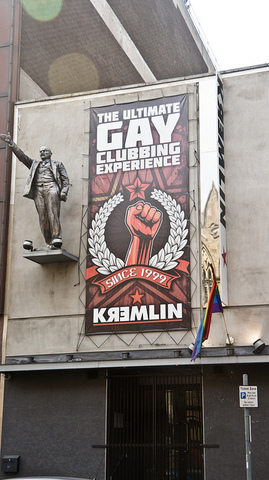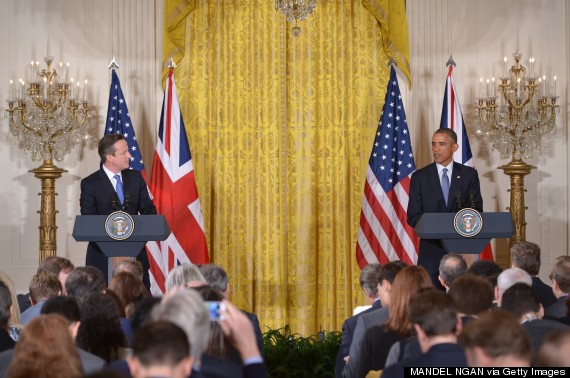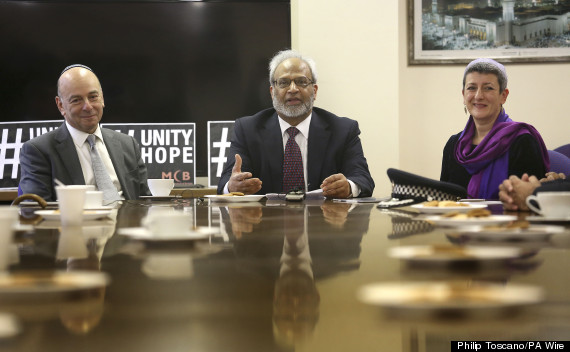Unlike for a number of my counterparts, January was never going to be a dry one, and last Saturday night we celebrated the recent engagement of two friends both in earnest and, for my part, ethically. Stella, vodka and Sambuca are all vegan. The 3am chip, hummus and salad pitta was also vegan and very tasty. Some of the dance moves perpetrated moments prior were, conversely, utterly tasteless.
Waking the following day with calves tender from the late night twerk-out and begging for protein, naturally one of my first priorities was brunch. Phwoar, I thought, get a bacon and egg sarnie in and around my mouth. Maybe I'll just head straight out for a greasy pub lunch - Bloody Marys (ordinarily vegan; not the one I had a while back that was gussied up with ribbons of hot bacon) and beef burgers (not vegan). Sorry lad, not until February. This is Veganuary.
So I Google searched 'vegan hangover food' and was left more than mildly uninspired by the antidotes offered up by the internauts. In one forum on the subject: "Have a banana." ... Hahahaha! In another: "How about a broccoli and Brussels sprout stir-fry and a delicious ginger tea?" ... Seriously? So many lip-smacking recipes to choose from, only made better by recurrent warnings about how excessive drinking reverses all the benefits of veganism.
Hang on, veganism is not solely about the health benefits bestowed on the individual, is it now, dear commenter? What about the benefits enjoyed by the animals that don't get ingested, or X-ed out as collateral damage in some intensive food manufacturing process?
Using data from the Department for Environment, Food & Rural Affairs (Defra), the people behind Veganuary reckon that "anyone in the UK taking part in Veganuary who currently eats a range of meat products is likely to save around ten animals during the month." So if the 150,000 or so full-time British vegans all suddenly became average omnivores next month (let's call it Febutchery), by my estimation the UK would need to spawn or hatch an extra 1.5 million-ish creatures great and small in order that they could die again just to feed 0.25% of the population for only one month. It seems, dear commenter, that the benefits of veganism remain, whether teetotal or totally drunk.
Anyway, I appreciate this is not at all what was meant. I'm being a pedant and I actually find some of the figures pretty overwhelming, but most of all I just want to know what's for breakfast.
As an aside, I have noticed something a couple of weeks into my predominantly plant-based diet that I certainly would describe as 'beneficial to me' (and those in close proximity to me): I smell better, apparently due to the absence of certain toxins caused by the breakdown of fish and meat in my diet. I'm sure there are vegans out there that reek of putrescence, as I'm sure there are voracious carnivores that smell like freshly mown grass. However, in my not-so-highly-controlled scientific research exercise, I've worn two shirts on two separate days without washing them after the first use - something I could never do before, psychologically or olfactorily.
Back to breakfast, and a sweep of your average inner-city supermarket reveals a starving chasm in the market for quick, tasty and filling fodder suitable for vegans. Even that stalwart of convenience eating, the sandwich, was impermissible, as every single variety I encountered comprised either something that had recently gulped a final breath, or a secretion of something that eventually would.
Baked beans, potato waffles and a helping hand from my new BFF - Paxo Sage & Onion Stuffing - was the best I could muster. Hardly breakfast at The Wolseley, but I'd done no planning and didn't fancy spending what was left of the morning playing 'find the animal derivative' in micro-font on the back of packaging.
So if the more seasoned vegans out there can divulge any secrets, do get in touch. What is the sinful yet ethical dish? We're talking savoury, super quick and containing the right sort of guilt for when you're pig-hungry. Please don't tell me it's a Brussels sprout stir-fry. And while we're on the subject of ethical and sinful fayre, this was the tofu snickers pie I made and it was lush.
![2015-01-15-SnickersCake.jpg]()
Waking the following day with calves tender from the late night twerk-out and begging for protein, naturally one of my first priorities was brunch. Phwoar, I thought, get a bacon and egg sarnie in and around my mouth. Maybe I'll just head straight out for a greasy pub lunch - Bloody Marys (ordinarily vegan; not the one I had a while back that was gussied up with ribbons of hot bacon) and beef burgers (not vegan). Sorry lad, not until February. This is Veganuary.
So I Google searched 'vegan hangover food' and was left more than mildly uninspired by the antidotes offered up by the internauts. In one forum on the subject: "Have a banana." ... Hahahaha! In another: "How about a broccoli and Brussels sprout stir-fry and a delicious ginger tea?" ... Seriously? So many lip-smacking recipes to choose from, only made better by recurrent warnings about how excessive drinking reverses all the benefits of veganism.
Hang on, veganism is not solely about the health benefits bestowed on the individual, is it now, dear commenter? What about the benefits enjoyed by the animals that don't get ingested, or X-ed out as collateral damage in some intensive food manufacturing process?
Using data from the Department for Environment, Food & Rural Affairs (Defra), the people behind Veganuary reckon that "anyone in the UK taking part in Veganuary who currently eats a range of meat products is likely to save around ten animals during the month." So if the 150,000 or so full-time British vegans all suddenly became average omnivores next month (let's call it Febutchery), by my estimation the UK would need to spawn or hatch an extra 1.5 million-ish creatures great and small in order that they could die again just to feed 0.25% of the population for only one month. It seems, dear commenter, that the benefits of veganism remain, whether teetotal or totally drunk.
Anyway, I appreciate this is not at all what was meant. I'm being a pedant and I actually find some of the figures pretty overwhelming, but most of all I just want to know what's for breakfast.
As an aside, I have noticed something a couple of weeks into my predominantly plant-based diet that I certainly would describe as 'beneficial to me' (and those in close proximity to me): I smell better, apparently due to the absence of certain toxins caused by the breakdown of fish and meat in my diet. I'm sure there are vegans out there that reek of putrescence, as I'm sure there are voracious carnivores that smell like freshly mown grass. However, in my not-so-highly-controlled scientific research exercise, I've worn two shirts on two separate days without washing them after the first use - something I could never do before, psychologically or olfactorily.
Back to breakfast, and a sweep of your average inner-city supermarket reveals a starving chasm in the market for quick, tasty and filling fodder suitable for vegans. Even that stalwart of convenience eating, the sandwich, was impermissible, as every single variety I encountered comprised either something that had recently gulped a final breath, or a secretion of something that eventually would.
Baked beans, potato waffles and a helping hand from my new BFF - Paxo Sage & Onion Stuffing - was the best I could muster. Hardly breakfast at The Wolseley, but I'd done no planning and didn't fancy spending what was left of the morning playing 'find the animal derivative' in micro-font on the back of packaging.
So if the more seasoned vegans out there can divulge any secrets, do get in touch. What is the sinful yet ethical dish? We're talking savoury, super quick and containing the right sort of guilt for when you're pig-hungry. Please don't tell me it's a Brussels sprout stir-fry. And while we're on the subject of ethical and sinful fayre, this was the tofu snickers pie I made and it was lush.
















